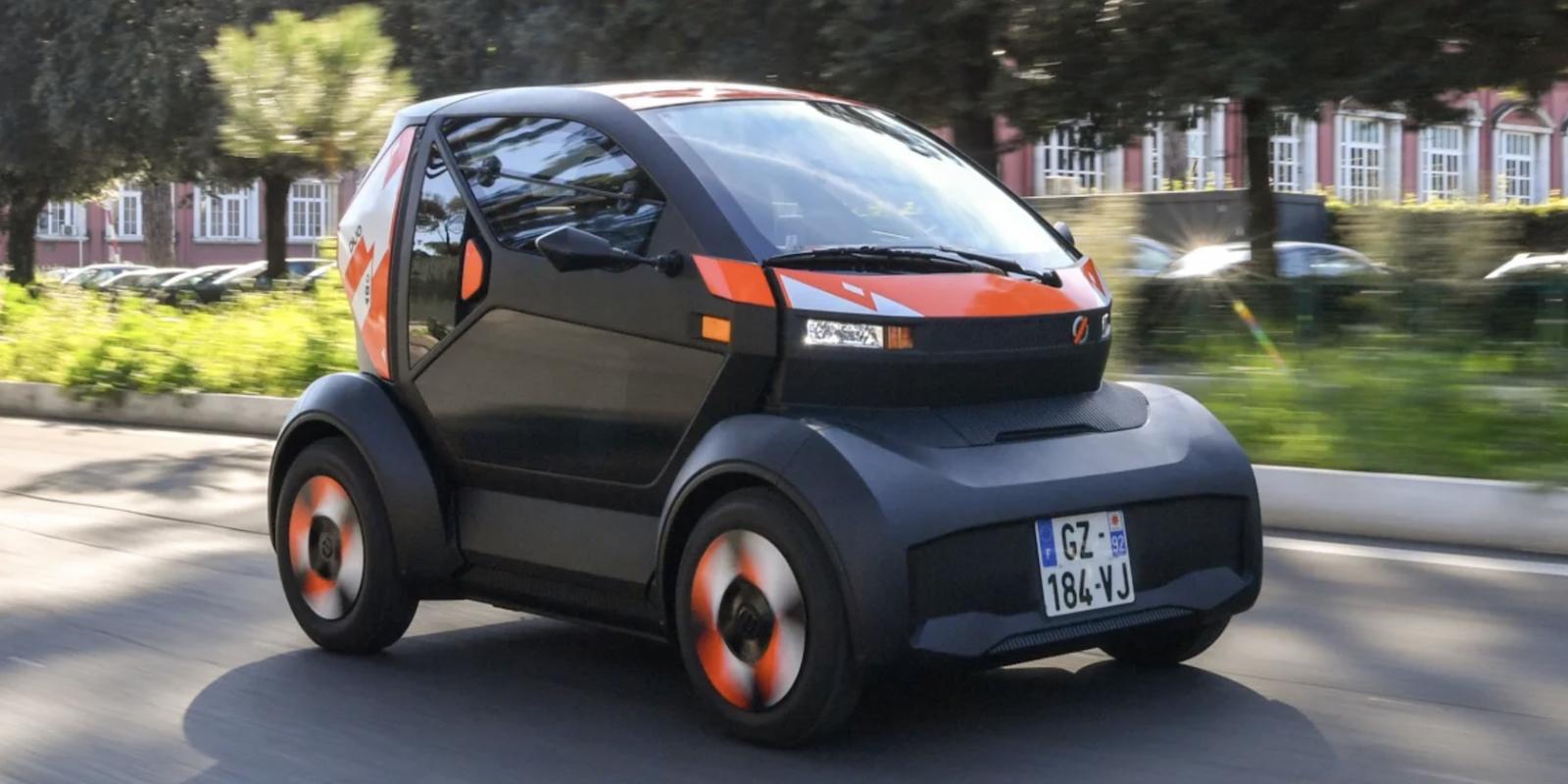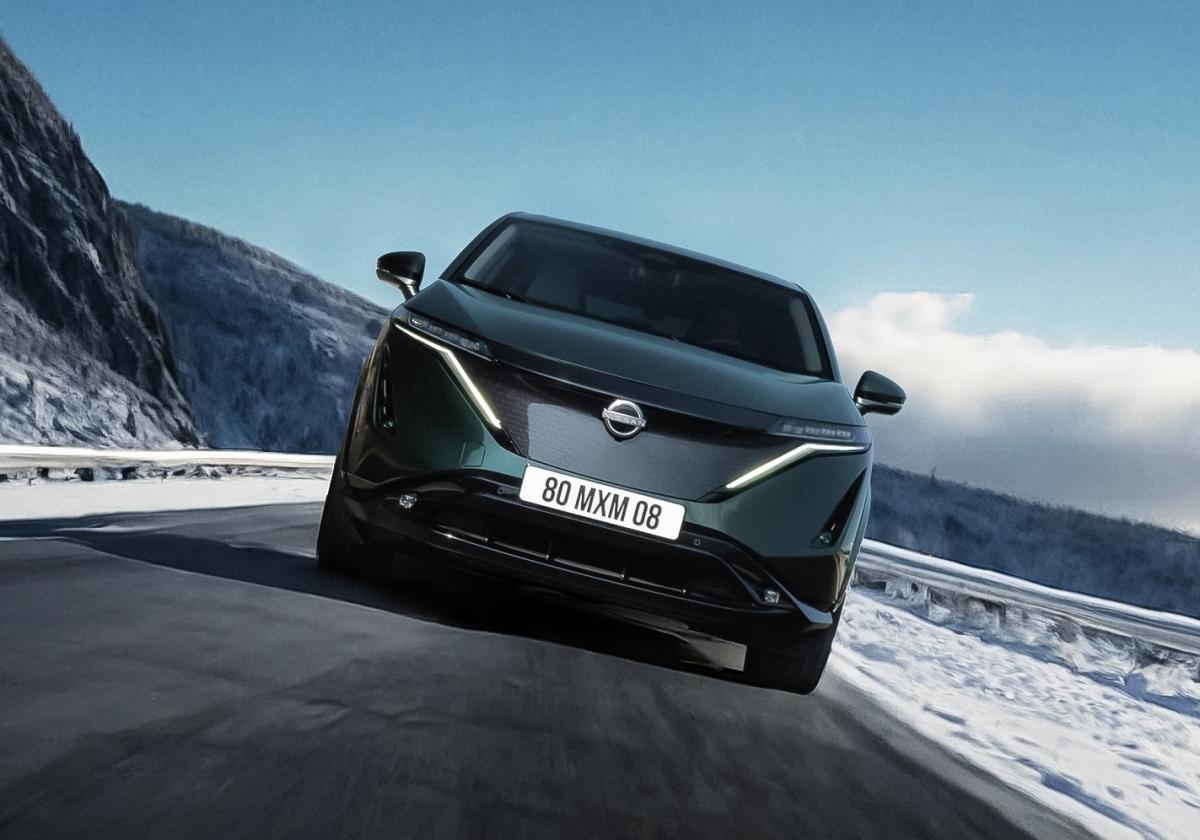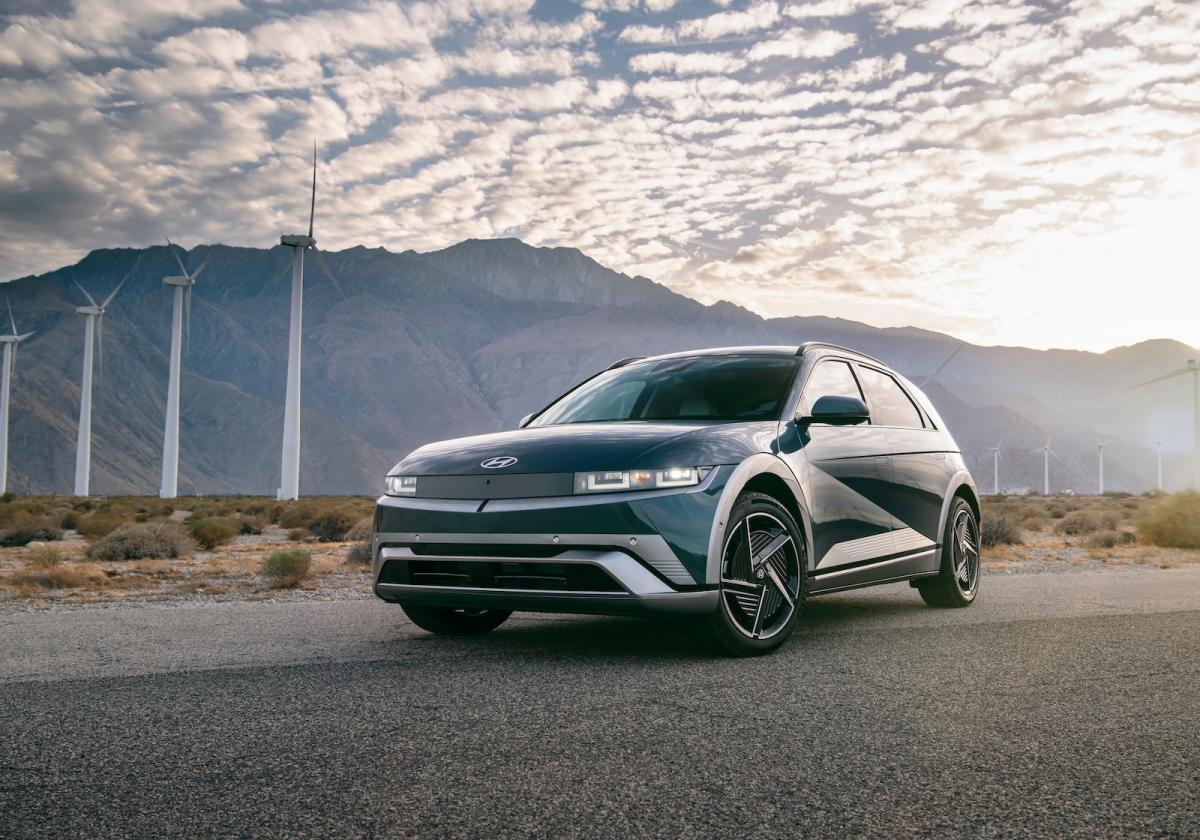The definition of a ‘driver’ is undergoing a significant transformation. First of all, the proportions and powertrains of the cars we drive now are very different from those of 20 years ago. For instance, SUVs are becoming more popular among modern family car buyers than hatchbacks, and we are gradually being persuaded to convert from our polluting petrol and diesel vehicles to more environmentally friendly electric vehicles.
However, changes are occurring in more than just the cars themselves. In 10 or 20 years, the entire car-owning scene might look very different. For many people, Mobility as a Service (MaaS) has been identified as a potential solution that could end car ownership as we know it.
A digital interface to source and manage the delivery of a transport-related service or services that satisfy a customer’s mobility needs is known as MaaS. That may sound a little complicated, but in essence, MaaS lets drivers buy “mobility” instead of the actual transportation.
Car-sharing is not Car-pooling
To coin a metaphor—to buy a VHS or DVD over 25 years ago, consumers would essentially go to Woolworths or some other supermarket. Today however, to watch anything they want whenever they want, most people these days subscribe to services like Netflix or Disney+. The important thing is that, although access to some things was more strictly regulated in the past, the market has opened up in the present, giving people greater freedom to purchase goods and services.
This idea is precisely what the automotive sector may adopt in the future. Car-sharing services are starting to appear all over the world, allowing you to rent a model for a single trip at the touch of a computer, where as previously, drivers had to outlay big bucks to physically buy their own vehicle.
It is important to clarify that “car-sharing” does not refer to “carpooling,” which involves using applications like Hiyacar and Zipcar (in the UK) that let you rent a car on an hourly basis as an individual. By signing up for any of these services, you can see nearby cars that you may approach, unlock with your phone, and use.
Car-sharing may seem complicated, but it has advantages. After all, having your own car allows you to drive anywhere, at any time, so why would you want to deal with the hassle of finding and renting one? Indeed, it already exists and is flourishing in places like the UK and elsewhere through apps for renting small commuter cars and e-scooters.
First of all, it is thought to be a far more environmentally friendly choice. Since cars continue to be one of the biggest emitters of greenhouse gases, the whole sharing idea is based on the idea that fewer cars on the road translate into less pollution.
Additionally, studies reveal that those who choose to use vehicle-sharing programs are far more likely to postpone or even cut back on their car ownership. According to a 2014 survey conducted in Paris, these users cut their ownership by 23%. Between 14.3 and 40 percent of people in Europe gave up their personal automobiles after being granted access to sharing programs, according to a more recent study conducted in 2020 by the International Institute of Industrial Environmental Economics at Lund University in Sweden.
CARLIST THOUGHTS
In the end, not everyone has the money to purchase a new electric car—most models start at over £30,000 (@$37,500) —and not everyone has a place to park it, particularly in crowded cities. In light of this, subscription services and services for car and transportation sharing can be a very alluring substitute. Manufacturers are beginning to realise this, as seen by the influx of new, low-cost EVs into the market that are all geared towards car-sharing fleets and urban mobility.
The ‘Mobilize Duo‘ you see above is one of the few cars that match this brief. Although it may not be the first car from the mobility-focused sub-brand of the Renault Group, it is the first to be offered for sale in the United Kingdom. Since its founding in 2021, Mobilise has partnered with companies that provide a number of car-sharing services throughout Europe, including in France, Belgium, and Spain.







